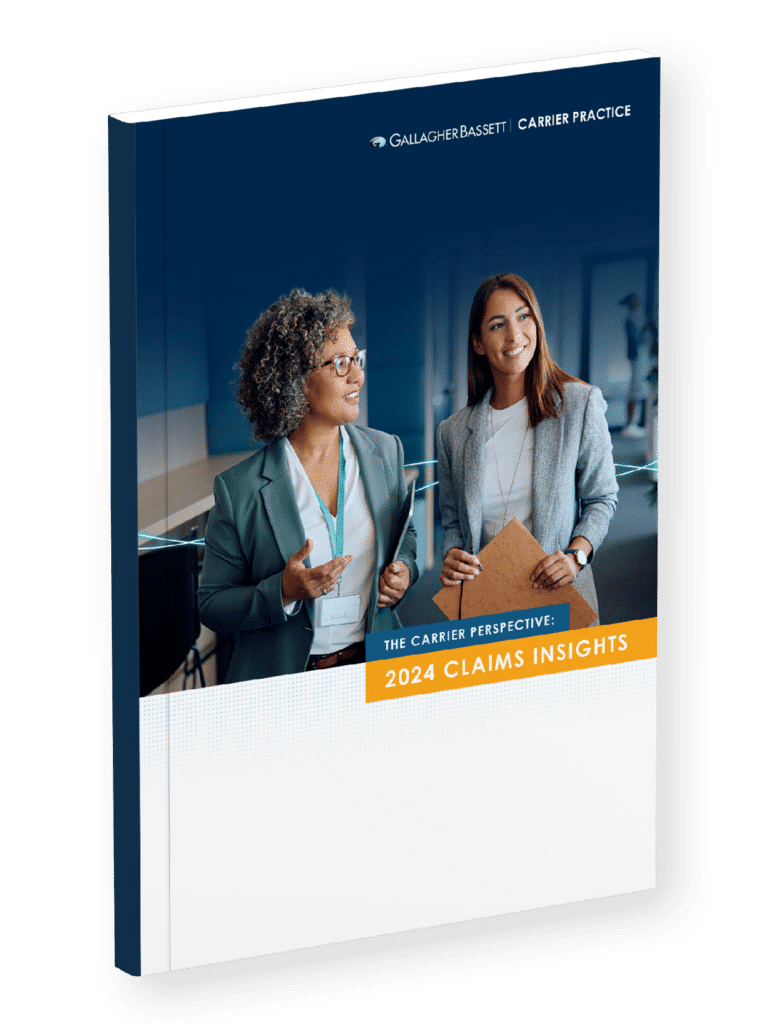A year on from the Financial Conduct Authorities’ (FCA) crack down on dual pricing and auditing anomalies, insurers across the United Kingdom are still under the watch of the FCA’s headlights.
I’m sure you’re aware that Dual Pricing otherwise known as Price Walking, refers to the concept where existing claimants are charged a higher premium than new claimants who otherwise have a similar risk portfolio. Through this, we see over time that the new claimant’s policy continues to increase in small increments until they are eventually paying market price. Essentially, dual pricing is the result of a claimant’s loyalty and lack of desire to shop around at the end of each financial year.
In recent months, Dual Pricing has become increasingly common in efforts to recover the revenue insurers may have lost during the COVID-19 pandemic. Dual pricing is not the only crack down elicited by the FCA on the back of the COVID-19 pandemic. In late 2020, thousands of organisations right across the United Kingdom filed business interruption claims. The FCA issued lawsuits, which ended up in the supreme court, against all insurers who denied these claims on the grounds that their policies did not cover pandemic conditions.
With the Supreme Court ruling in favour of the FCA, it is likely to be landmarked as precedent as the issue of policy wording becomes a core concern likely to impact more than 700 standing policies with global ramifications.
With audit and review issues under headlights, it is more important than ever to stay ahead of the curve.
Below, find our expert tips for staying ahead of the curve we hope are useful for your business:
1. Conduct Regular Internal Audits and Revise your Risk Register
There has been no better time for a due diligence audit, providing a thorough review and evidence-based validation of your claims handling protocols, systems and processes – not only to protect your business but to maintain credibility amongst your claimants, today and in the future.
2. Clear Communication with Claimants – Present and Future
Dual pricing and hearing your insurer is under watch by the FCA can leave claimants feeling locked or trapped. As the saying goes, communication is the key to success. To avoid losing customers due to old tricks, make sure pricing and policy inclusions are clear and easy to understand. Communicating with claimants when their policy is up for renewal and being up front about any changes to costs will develop trust and loyalty. Consider regular communications through email, e-newsletters or social media.
3. Stay Up to Date with New Rulings by the FCA
The best way to stay ahead of the curve, ensure market integrity and maintain credibility amongst claimants is to keep up with the rulings of the FCA, both for the insurance industry but also for the industries of your claimants. Appoint a point-person to keep track of these updates and record them in a central point for all staff.
Eager to reduce your Total Cost of Risk?
Commissioning a team of specialists to handle segments of your claims management and internal audit processes can equip your team with the agility needed to stay ahead of the curve in today’s complex insurance industry – supporting you in reducing your Total Cost of Risk (TCOR).
Gallagher Bassett’s team of local, specially trained industry experts understand the value of control over your business operations, protecting customer relationships and maintaining brand reputation. As one of the first companies to offer the TPA model in several countries, you can be sure we understand the volatility and consequences of the insurance landscape. Gallagher Bassett’s approach to the Partnered Claims Model comes not just from the efficiency of our systems, people, and processes, but the way we apply them to personalise support to each insurer. Our approach is designed to give customers a consistent experience that makes our team feel like a natural extension of their own.
Ready to find out more?
Connect with our team today to find out how Gallagher Bassett can help protect your team from being in the harsh headlights of audit and review issues.







